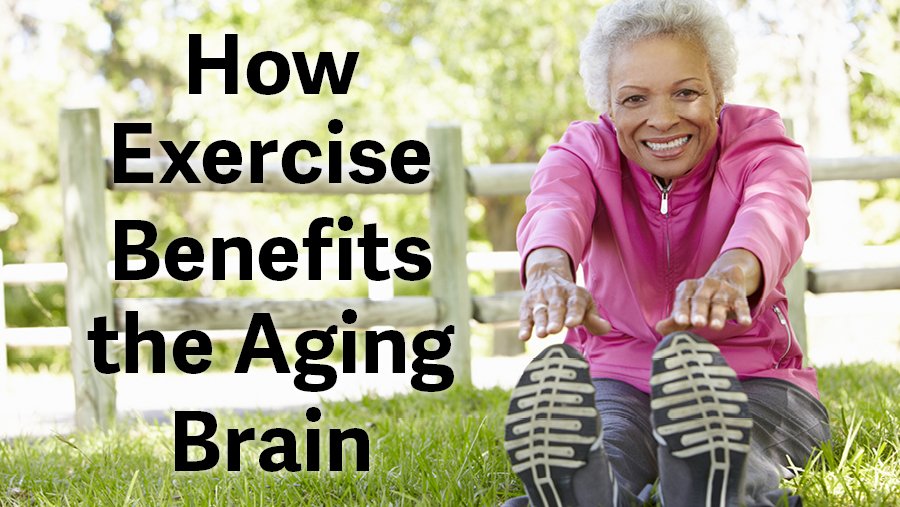As we age, our bodies and minds go through a natural process of decline. Many people tend to think that cognitive decline is an inevitable part of getting older, but research has shown that regular exercise can help keep the brain healthy and functioning at its best. In this article, we’ll explore how exercise can benefit the aging brain and why it’s important to prioritize physical activity as we grow older.
Exercise improves cognitive function
Research has shown that exercise can improve cognitive function, including memory, attention, and executive function. This is because exercise increases blood flow to the brain, which provides the brain with the oxygen and nutrients it needs to function at its best. Exercise has also been shown to increase the production of brain-derived neurotrophic factor (BDNF), a protein that promotes the growth of new brain cells and strengthens connections between existing brain cells.
A study conducted by the University of Edinburgh found that exercise can slow down the aging of the brain by up to 10 years. The study followed a group of 638 people for over 70 years and found that those who were more physically active had better cognitive function in their later years than those who were less active. The study also found that even people who didn’t start exercising until later in life still had better cognitive function than those who didn’t exercise at all.
Exercise can reduce the risk of cognitive decline and dementia
Regular exercise can also reduce the risk of cognitive decline and dementia. A study published in the journal Neurology found that people who were physically active in midlife had a 39% lower risk of developing dementia later in life compared to those who were less active. Another study published in the Journal of Alzheimer’s Disease found that exercise can improve brain function in people who have mild cognitive impairment, which is often a precursor to Alzheimer’s disease.
Exercise can improve mood and reduce stress
In addition to improving cognitive function and reducing the risk of cognitive decline, exercise can also improve mood and reduce stress. Exercise releases endorphins, which are natural chemicals in the brain that improve mood and reduce pain. Exercise has also been shown to reduce levels of cortisol, a hormone that is released in response to stress. High levels of cortisol can be detrimental to brain health and contribute to cognitive decline, so reducing cortisol levels through exercise can help protect the brain.
Types of exercise that are good for the aging brain
Any type of exercise can be beneficial for the aging brain, but certain types of exercise have been shown to be particularly effective. Aerobic exercise, such as brisk walking, running, or cycling, has been shown to improve cognitive function and reduce the risk of cognitive decline. Strength training, such as lifting weights or using resistance bands, can also be beneficial for the aging brain. A study published in the journal Age and Ageing found that older adults who participated in a strength training program had better cognitive function than those who didn’t.
Conclusion
Exercise is good for the aging brain in many ways. It improves cognitive function, reduces the risk of cognitive decline and dementia, and improves mood and reduces stress. Any type of exercise can be beneficial for the aging brain, but aerobic exercise and strength training have been shown to be particularly effective. So if you want to keep your brain healthy and functioning at its best as you age, make sure to prioritize physical activity and get moving!









